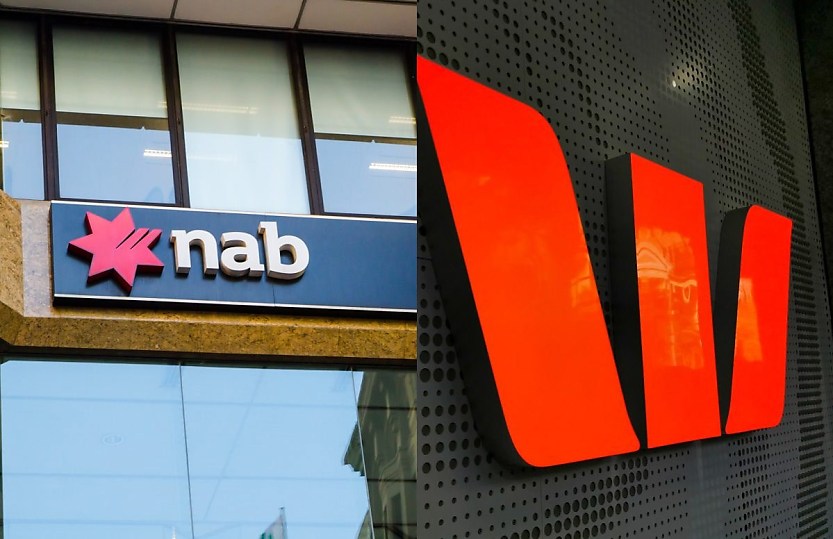Unemployment fears spark downtick in monthly bank report results

Potential job loss fears have caused a further dip in consumer sentiment, business conditions and confidence, according to recent reports from Westpac and NAB.
Westpac has revealed a further decrease in the Consumer Sentiment Index for September, while the NAB Monthly Business Survey for August marked another drop in business conditions and confidence.
The Westpac-Melbourne Institute Consumer Sentiment Index has dropped 0.5 per cent to 84.6 for September, down from 85.0 in August.
The NAB Monthly Business Survey for August saw a 5-point drop in confidence, measuring below the average once again at -4 index points.
Business conditions also decreased by 3 points to +3 index points which was driven by a drop in the employment subcomponent, according to NAB.
Both big four banks highlighted this decrease in consumer sentiment, business conditions and confidence can be directly linked to concerns surrounding potential job loss.
Westpac said the “pessimism” of consumers has been evident for over two years and shows no sign of improvement.
Despite the domination of pessimism, Westpac indicated the focus of consumers looks to be shifting from cost-of-living pressures to unemployment.
“While the cost-of-living pressures are becoming a little less intense and fears of further interest rates have eased, consumers are becoming more concerned about where the economy may be headed and what this could mean for jobs,” the bank said.
From the results, it became evident small improvements around family finances were more than offset by a loss of confidence around the economy.
This less confident outlook of the economy is what is “sparking fears” surrounding potential unemployment.
The Westpac-Melbourne Institute Unemployment Expectations Index is up 11 per cent from April, measuring at 134.4 for September, which is above the long run average of 129.
The bank said the deterioration has been “sharper” among consumers with a job, as unemployment expectations across this subgroup has jumped 8.3 per cent in the month to its highest level since 2016.
NAB said both the dip in business conditions and confidence do not come as a surprise, given the economy’s weak growth.
“With the national accounts showing very soft private sector growth in Q2, the business survey suggests this has carried on into the new financial year and may be beginning to translate into a softer labour market.”
By industry, conditions fell in wholesale, manufacturing, retail, transport, utilities, finance and business, and property.
Conditions are the weakest in retail at -6 index points.
The employment subcomponent, which has caused increased concern in unemployment, saw a 6-point drop over the month of August.
CreditorWatch chief economist Anneke Thompson said it is concerning both reports highlighted a decrease in confidence in the labour force.
“Of most concern is that both NAB’s business survey and Westpac’s consumer survey report deterioration in the outlook for the labour force.”
“On the consumer side, employed people in particular are more negative labour the outlook for employment, while the business conditions index slid mostly due to a large fall in the employment subindex,” the chief economist said.
“While the unemployment rate is rising at a gentle pace, we are now entering a period where almost all forward indicators of employment conditions are pointing in one direction and that is to a sustained continued increase in the unemployment rate.”
Both big four banks indicated the report results provide evidence that Australian consumers and businesses remain weak, and that sentiment, conditions and confidence are unlikely to see much improvement in the near future.
